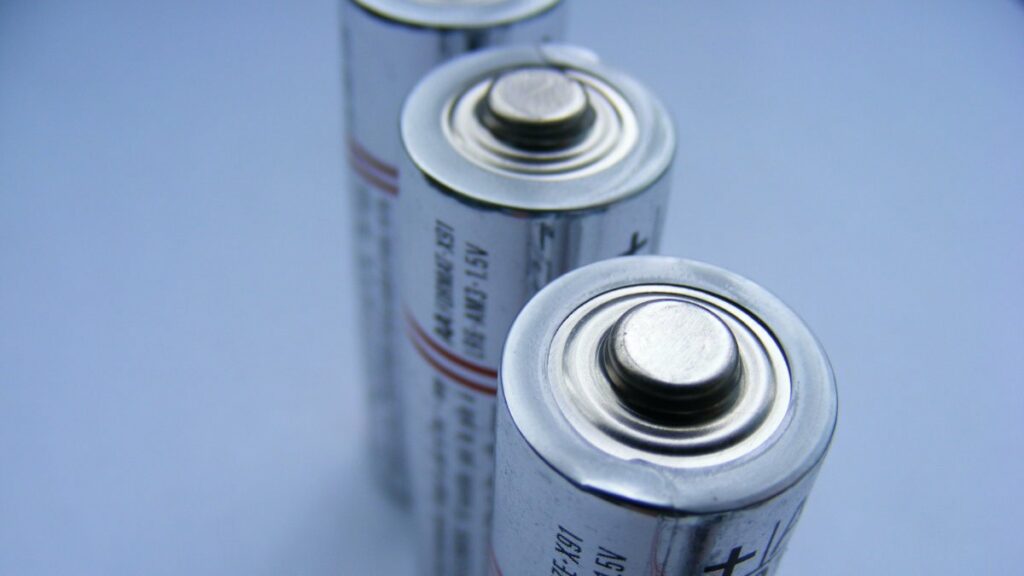The Belgian federation of waste and recycling, Denuo, is sounding the alarm as a surge in recycling centre fires is attributed to poorly sorted lithium-ion batteries.
Lithium-ion batteries are found in a plethora of everyday items such as toothbrushes, wireless headphones, toys, e-cigarettes, drills and smartphones. However, their ubiquitous presence is becoming a significant hazard for recycling companies.
"Not a day goes by without one of our members mentioning an incident," lamented Marine Ronquetti, an advisor at Denuo, in an interview with Le Soir, describing the situation as "catastrophic."
In contrast to their predecessors, lithium-ion batteries harbour highly reactive substances and electrolytes that can ignite or even explode if subjected to short-circuiting, overheating or damage. Such hazards emerge when these batteries are erroneously sorted and end up in the wrong waste stream, subsequently being ruptured or crushed during mechanical sorting and recycling processes, resulting in perilous fires.
"All waste streams are affected," Ronquetti told Le Soir. "We often talk about metal recycling companies grappling with electric scooters, but it also affects the paper and cardboard sector with musical greeting cards and the PMD sector. With the recent expansion of the blue bag system to encompass various new plastics, people are now discarding non-packaging plastic items like toys with batteries."
Related News
- 'Lose everything in three minutes': Smoke detectors compulsory in Brussels homes from 2025
- Four dead in New York in yet another e-bike battery fire
Incidents involving lithium-ion batteries are on the rise. "Most of the time, it's a fire that is rapidly detected thanks to the deployment of detection devices. In such cases, sorting or recycling operations must be halted, raw materials must be doused with water, incurring economic losses," Ronquetti added.
However, the damage can be far more catastrophic, as lithium-ion fires are notoriously challenging to extinguish. In the worst-case scenario, fires spiral out of control, leading to complete destruction of buildings and machinery. An illustration of this dire outcome occurred in 2018 when a Walloon paper and cardboard recycling company suffered losses totalling €1.2 million.
The heightened risk has resulted in the recycling sector grappling with difficulties in securing insurance. "Companies impose various requirements on us, including investments in fire detection devices, staff training, and collaboration with fire brigades," the advisor stated. "However, sometimes these measures fall short, and some high-risk sites struggle to obtain insurance, or the premiums are exorbitant."
Denuo demands action
With the situation set to worsen due to the surging popularity of lithium-ion batteries, Denuo is issuing a fervent call for immediate action from policymakers and manufacturers. Their recommendations encompass the establishment of a deposit system, which would incentivise consumers to diligently sort and return their batteries, or the creation of a dedicated collection channel for lithium-ion batteries, alongside the existing Bebat system.
Denuo is further urging public authorities to finance public awareness campaigns, insurance companies to establish disaster funds aiding businesses affected by battery-related fires, and battery producers to fund research into advanced lithium-ion battery detection systems.
Finally, Denuo is advocating the withdrawal of problematic items from the market, such as disposable e-cigarettes, musical greeting cards, and "luminous" shoes. The federation's message is clear: urgent action is needed to prevent further devastating recycling centre fires caused by lithium-ion batteries.

